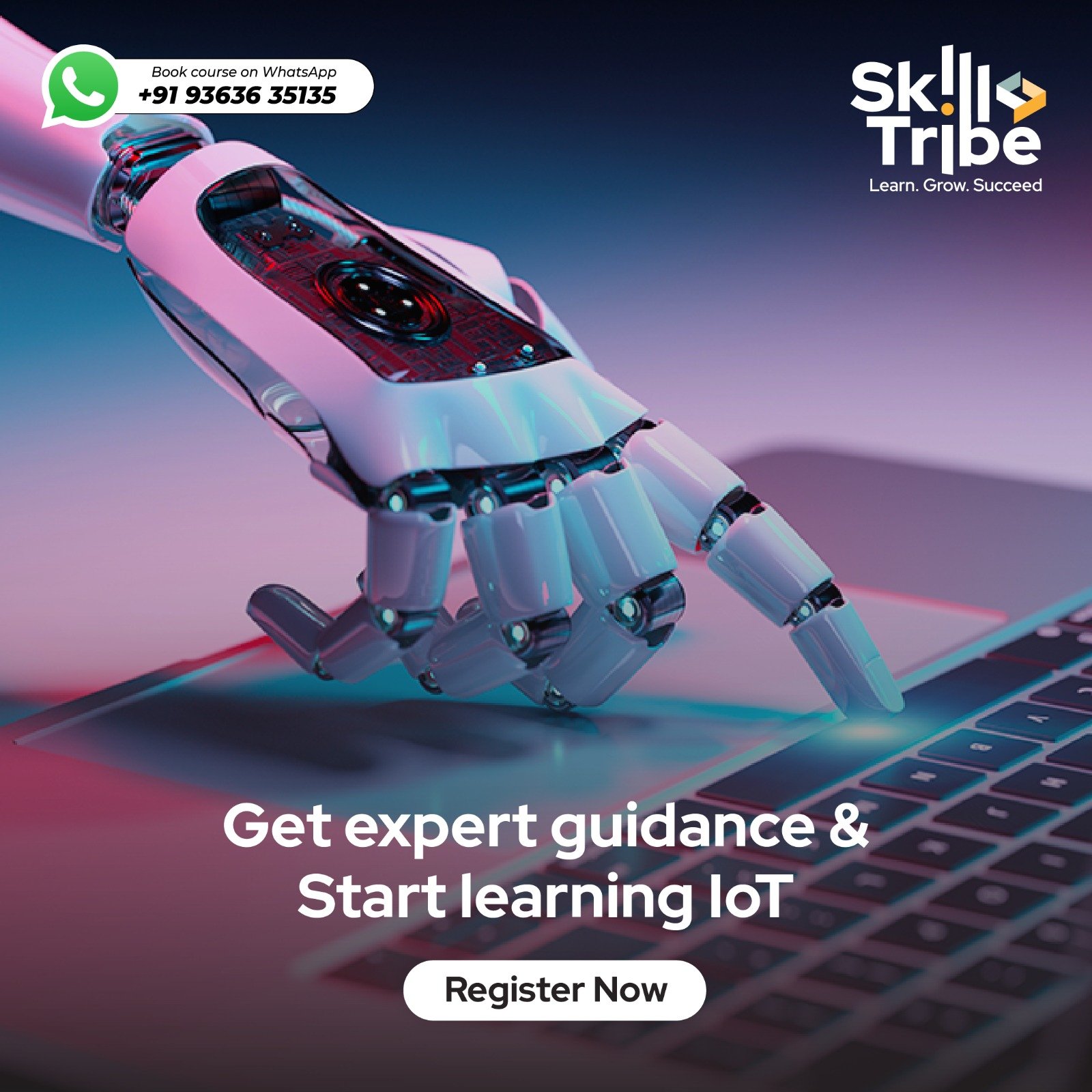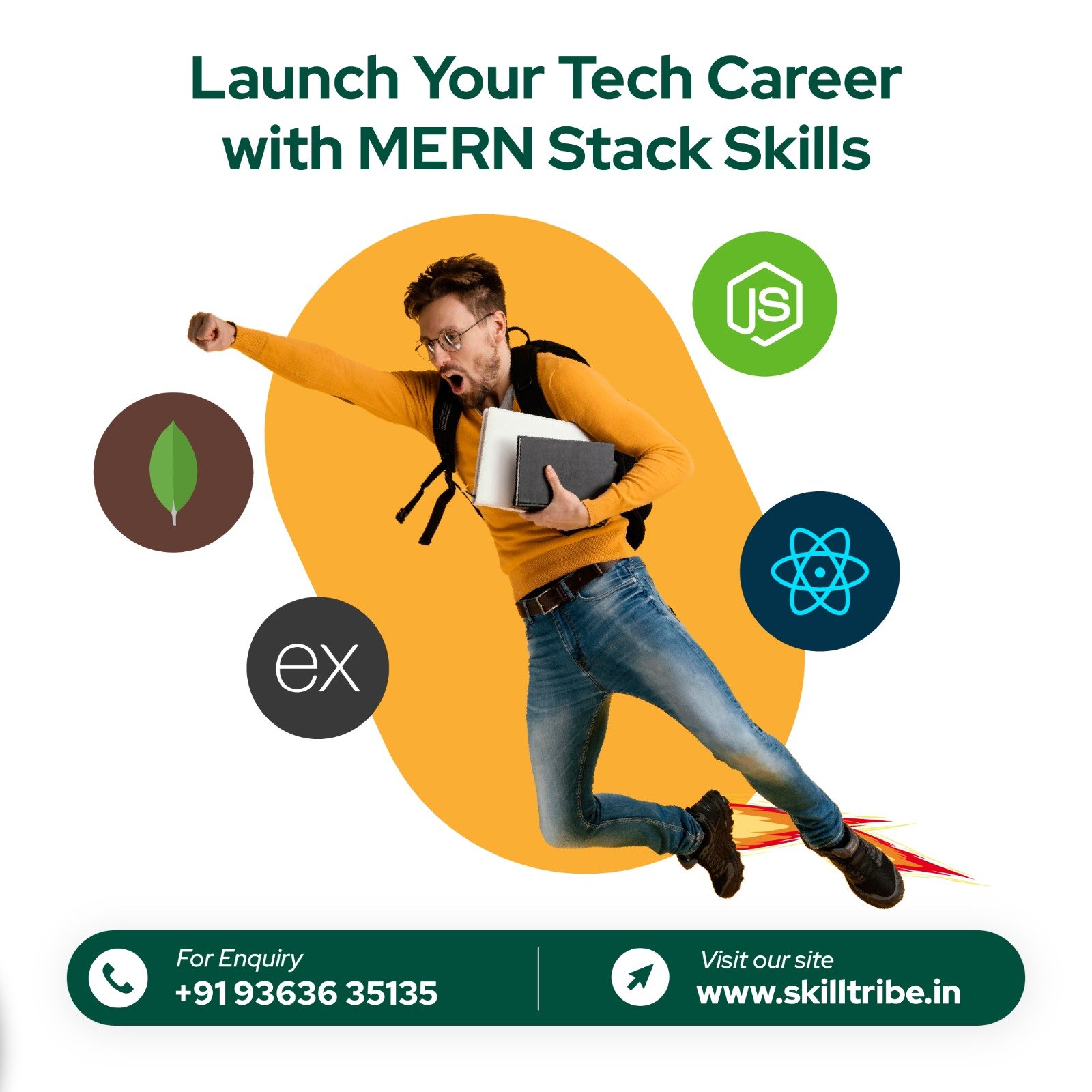What is Artificial Intelligence?
Simply put, Artificial Intelligence (AI) is the capability of a digital computer or computer-controlled robot to perform tasks that are generally related to intelligent beings. On the other hand, IoT is a system made up of interconnected devices that communicate via the internet and exchange real-time data.
What is the Internet of Things?
The Internet of Things (IoT) and Artificial Intelligence (AI) are two technologies that, when combined, have the strength to be a part of the growth of industries affecting our everyday lives with simplicity. In the case of equipment, devices, buildings, and vehicles, it is commonly known as the "Internet of Things." This is the technology that allows these things to gather and exchange data online by sensors, software, or other technologies; it is referred to as IoT-connected. With IoT sensors able to initiate transactions in response to all ranges of real-world data from weather to images, these efficiencies will be further multiplied. Packet capture is the monitoring of data traffic on a computer network. After data packets are recorded, valuable insights and assistance in diagnosing network problems may be obtained through analysis.
An Internet of Things system uses a control loop to make choices. A complicated blend of hardware and software, an IoT control loop shares similarities with a reactive machine in its limited focus. Control loops are used in complex settings to regulate variables like illumination and temperature through the use of sensors, DPUs, actuators, and communication networks. Although control loops are not AI, they can facilitate data-driven automation.
The integration of AI into IoT systems allows for smarter decision-making processes. For example, AI in smart home devices can learn how a user interacts with their home and further optimize energy consumption or security measures. AI-powered IoT solutions in industrial settings can analyze patterns from machine data to predict equipment failures even before they occur—this is known as predictive maintenance. Advanced AI helps IoT devices learn from their surroundings. Smart thermostats, for instance, can adjust temperatures based on predicted user preferences and weather without extra effort. This not only improves user experience but is also energy-efficient.
As these technologies continue to mature, we will see more innovative applications in sectors like healthcare, agriculture, transportation, and smart cities. Businesses seeking to leverage these emerging technologies for better operational productivity and client experience must understand how AI and IoT work together.
We also know that anything related to networking—such as gadgets (e.g., wearables), structures, and cars—is part of the "Internet of Things" (IoT). IoT is connected today thanks to various sensors, software, and other technical components that bring these items together for data exchange online. IoT devices can actively respond to real-world data they collect, such as weather or image data.
Conclusion
For those interested in harnessing this potential, pursuing IoT training in Chennai can provide invaluable skills. The best IoT training institute in Chennai, Skill-Tribe offers comprehensive courses designed to equip students with the knowledge necessary to thrive in this rapidly evolving field. These IoT courses in Chennai cover essential topics such as sensor networks, data analytics, cloud computing, and machine learning applications within the IoT landscape.
As industries increasingly adopt AI-powered IoT solutions, having a solid foundation through specialized training will be crucial for professionals looking to stay ahead of the curve. Embracing these advancements not only opens up new career opportunities but also contributes to creating innovative solutions that can significantly improve the quality of life across various sectors.






